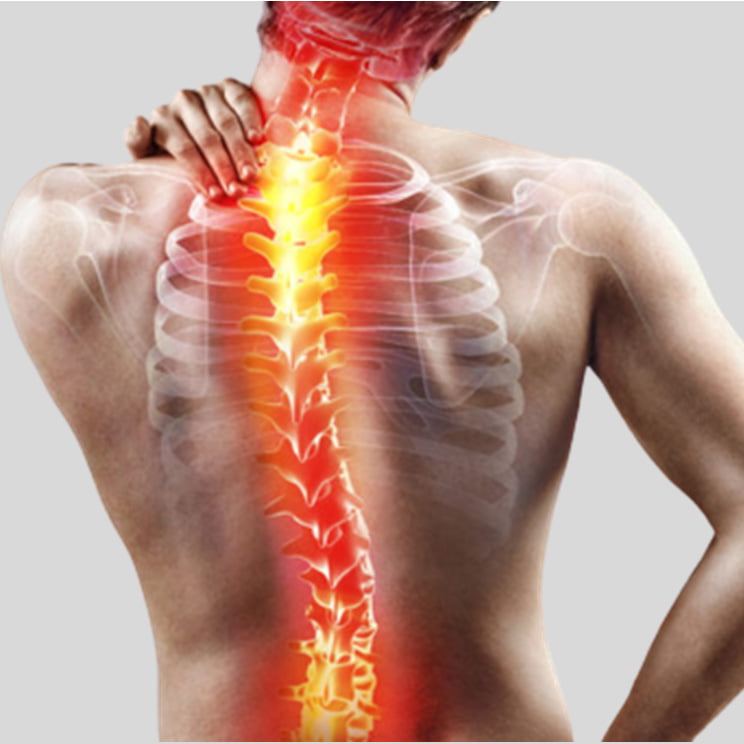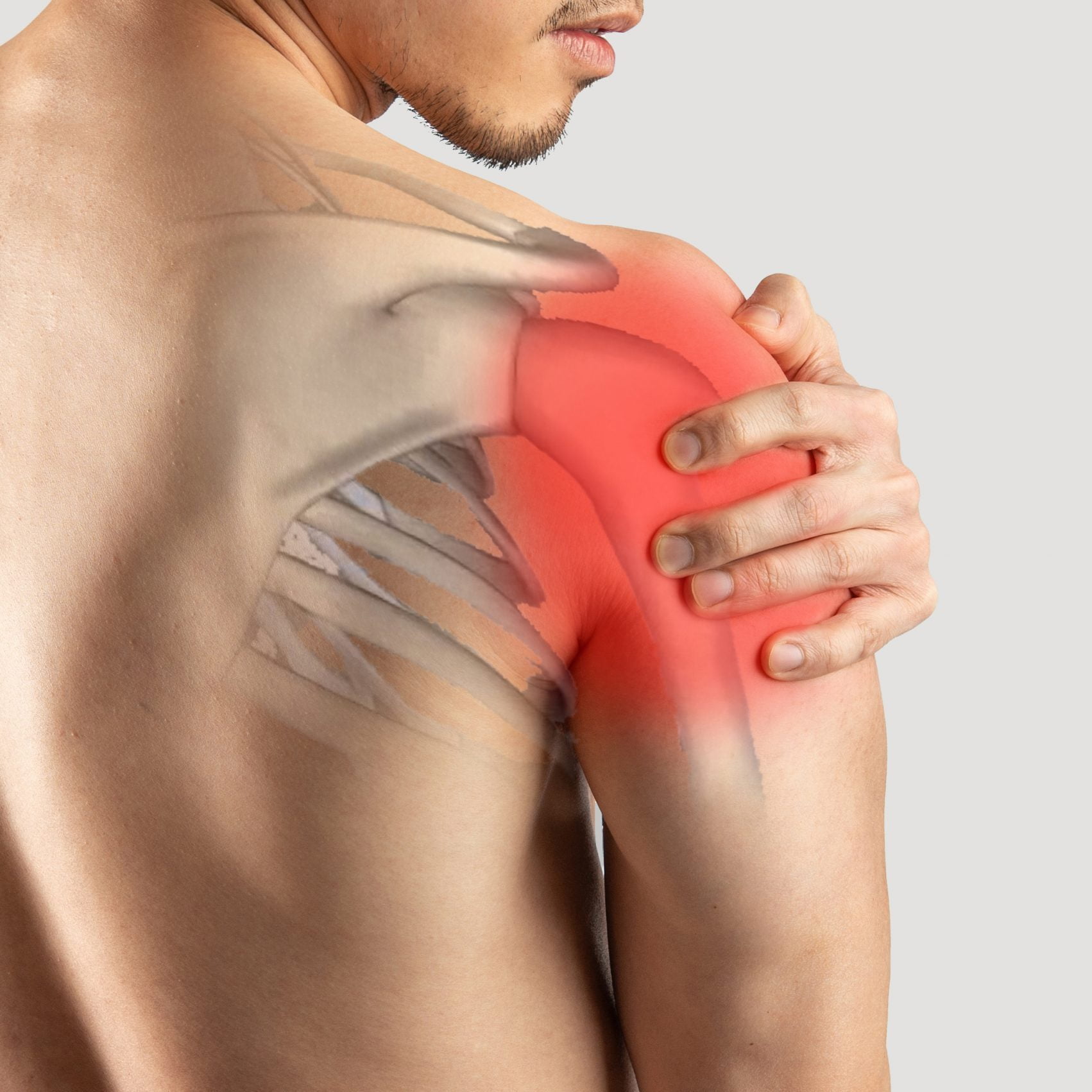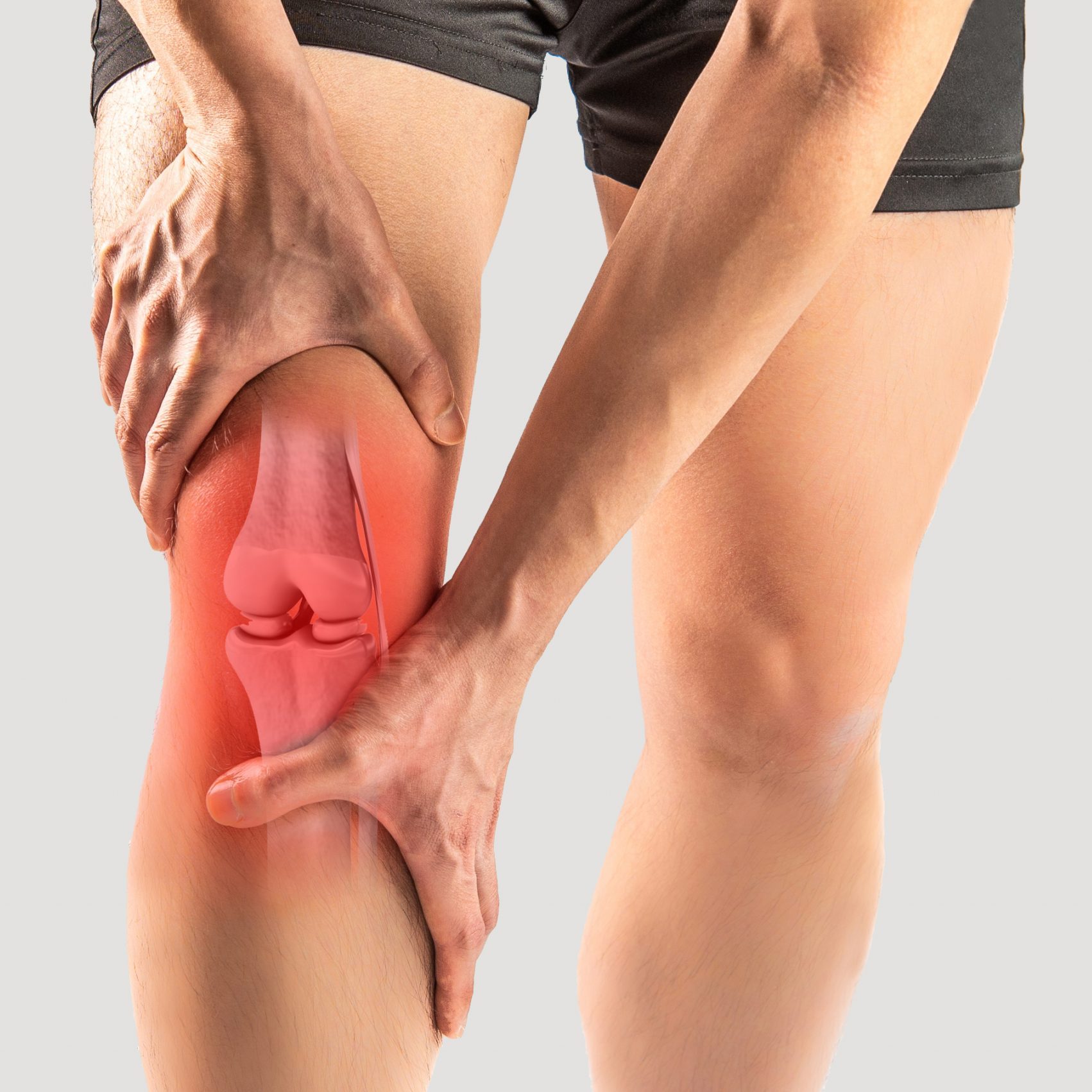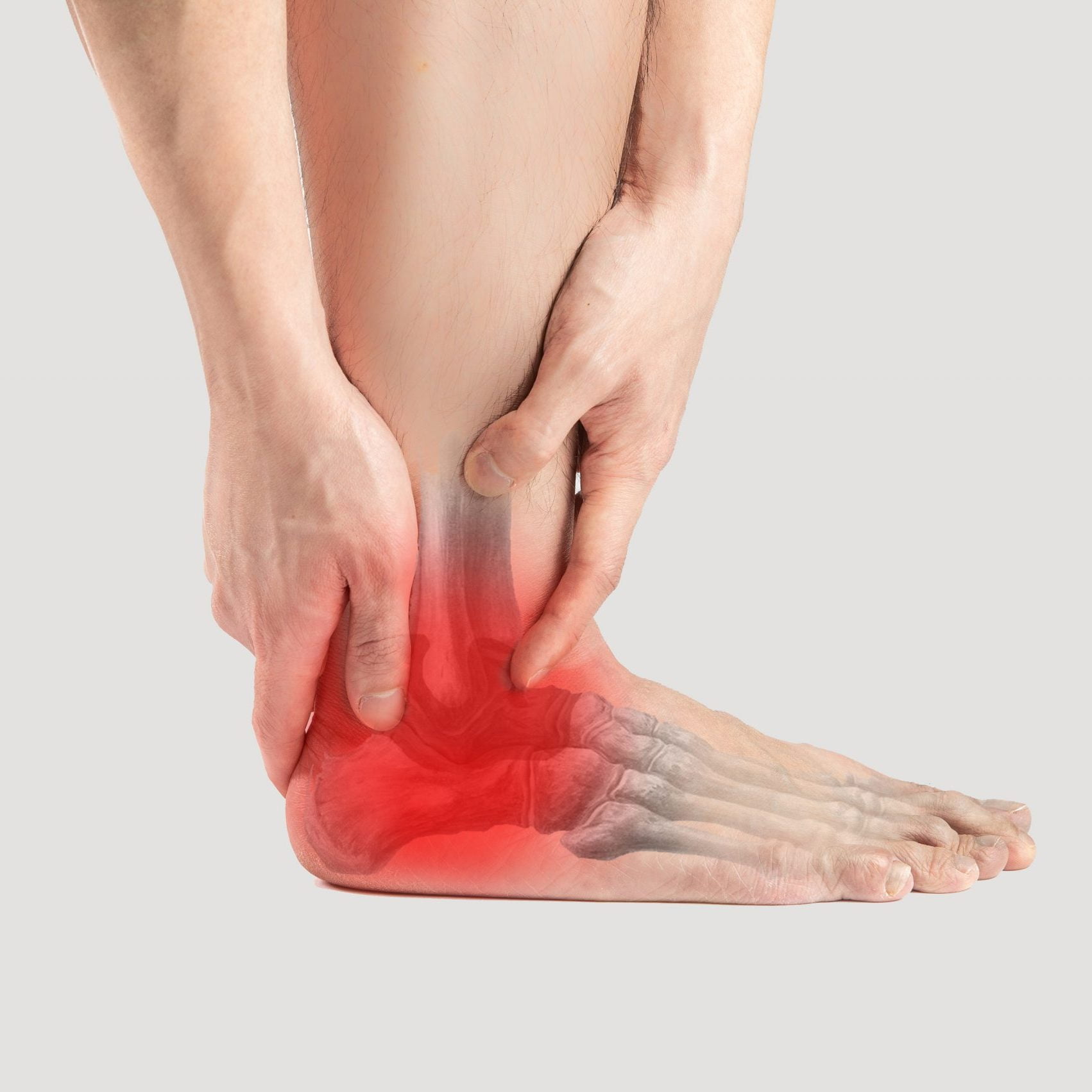HOME / SERVICES / TREATMENTS

Hip Joint Pains & the Types of Hip Pain Treatments Conducted by our Surgeons
The hip joint can withstand repeated motion and a fair amount of wear and tear throughout your lifetime. Despite its durability, however, the hip joint is not indestructible. Although hip pain or injuries affect people of all ages, it is more common in older folks. This is because, with age and use, the cartilage, muscles and tendons in the hip can wear down or become damaged. There are many possible causes of hip pain and injuries, which are mostly due to arthritis or sudden falls, especially in older people.
Minor hip pain can often be treated at home, firstly by making sure to put as little weight as possible on your hip and using ice to provide relief and reduce the swelling. You may also take painkillers to reduce the pain. However, if the pain persists even after a few days, it is advisable to consult a specialist for advice.
You must seek out an Orthopaedic Specialist if you are experiencing a lot of pain in your hip, swelling and if you have had a fall. The Orthopaedic Doctor may prescribe medication or physiotherapy, and you will likely require to do a scan to accurately diagnose the cause of your hip pain.
Here at OSC, we offer a wide range of orthopaedic hip surgeries and treatments conducted by highly-experienced hip orthopaedic specialists and surgeons in Malaysia.
HIP OSTEOARTHRITIS
The hip joint is one of the most common areas for osteoarthritis. Hip osteoarthritis is more common among the elderly and those who have had hip injuries. However, obesity also places extra stress on the hips, which can cause hip pain and injury that can lead to osteoarthritis.
Treatment for Hip Osteoarthritis Done by Our Doctors
The first line of treatment for arthritis in the hips, in addition to lifestyle changes, includes anti-inflammatory medication, hip injections as well as weight loss management.
Intermediate surgical treatments include:
Hip Osteotomy
An osteotomy may be appropriate if the arthritis is limited to a small area of the hip joint. It allows the hip orthopaedic surgeon to rotate the arthritic bone away from the hip joint, placing the weight load on relatively unaffected parts of the joint.
Hip Arthrotomy
This is where the hip joint is opened up to clean out loose pieces of cartilage, remove bone spurs or tumours, or repair fractures.
Hip replacement (arthroplasty)
When osteoarthritis in the hip becomes so severe, causing intense pain or the hip joint becomes deformed, a total hip replacement (arthroplasty) may be considered. The surgeon may recommend a variety of approaches, including Minimally Invasive Hip Replacement in some cases.
HIP FRACTURES
A hip fracture is a severe injury and, if not treated, can be life-threatening. Anyone who has a bad fall or accident may experience a hip fracture. However, the risk of hip fracture increases as we age as bones tend to weaken over time, leading to osteoporosis. Older people are more likely to experience hip fractures as they are prone to falling due to poor balance and vision.
Some signs of a hip fracture include excruciating pain in the hip or groin area, being unable to get up from a fall, difficulty walking, moving or rotating your leg, being unable to put weight on the leg as well as bruising and swelling around the hip area.
In about half of all cases of hip fractures, either a partial or total hip replacement is required for treatment, whereas other cases only require surgery to mend the hip fracture with plates and screws or rods.
Treatment for Hip Fracture Conducted by our Specialists
The type of hip fracture treatment or surgery depends on a number of factors such as the type of fracture and where on the femur it is, the patient’s age, the level of the patient’s mobility before the fracture as well as the current condition of the bone and joint, for example, whether the patient has arthritis or not.
Possible non-surgical treatments for less severe hip fracture cases include the use of painkillers, steroid injections, walking aids, or physiotherapy.
However, depending on the severity of the injury, a hip fracture almost always requires early surgical repair or replacement, followed by physical therapy.
Hip Replacement Surgery Provided By Our Orthopaedic in Kuala Lumpur (KL)
Hip replacement surgery helps to restore hip function and minimise pain and is recommended for severe osteoarthritis and rheumatoid arthritis. However, hip replacement surgery may also be required for fractures of the hip secondary to osteoporosis.
A hip replacement surgery is when the surgeon removes the damaged sections of the hip joint and replaces the damaged section with an artificial joint or prosthesis. The artificial joint works to reduce hip pain and improve its function and is normally made out of metal, hard durable plastic and ceramic.
The two hip replacement surgery approaches that our hip surgeons and specialist can perform are the Anterior Approach and the Posterior Approach. The anterior hip replacement surgery is a more complex approach, which requires the surgeon to work between the muscles to get to the hip joint, with minimal to no cutting of the muscle. Since little to no damage is made to the muscle and tendon, the patient is able to recover faster and experience less pain. The posterior hip replacement surgery is traditionally the most common approach. However, it requires the surgeon to cut through muscle and other soft tissue at the back of the hip to get to the hip joint.
You can opt for hip replacement surgery if your hip pain persists despite taking painkillers, becomes worse when walking even with a cane or walker, interferes with your sleep and causes difficulty walking up or down the stairs as well as rising from a seated position.
Hip Arthroscopy Surgery
To allow doctors to view the injured or affected hip joint, hip arthroscopy is conducted by making an incision through the skin and other soft tissues. This surgical procedure is used to diagnose and treat a wide range of hip problems.
The doctor can create a small incision for open surgery as the arthroscope and surgical instruments are thin. This will result in less pain and joint stiffness experienced by the patient, as well as a shorter recovery time.
What is the cost of total hip replacement in Malaysia?
To learn more about the cost of total hip replacement surgery or other orthopaedic hip surgeries available at OSC, please feel free to contact us via WhatsApp at +6016 938 7830.
FAQs About Hip Pain Treatment & Replacement Surgery
The need for total hip replacement surgery is typically determined by an orthopaedic specialist doctor. However, common signs that may indicate the need for hip replacement include persistent and severe hip pain that limits your mobility, interferes with daily activities, and does not respond well to conservative treatments such as medication and physiotherapy. X-rays and diagnostic tests will help the specialist make an accurate diagnosis.
The recovery period after hip surgery varies depending on the type of surgery and individual factors. Generally, you can expect several weeks to months for a full recovery. However, you will typically start physiotherapy soon after surgery to regain mobility and strength. Full recovery, including returning to normal activities, may take up to a year.
After undergoing hip surgery, it is essential to adhere to a set of do’s and don’ts to ensure a successful recovery. Here’s a brief overview of what to do and what to avoid:
Do’s:
- Follow your orthopaedic surgeon’s post-operative instructions carefully.
- Attend all recommended physiotherapy sessions.
- Keep the surgical area clean and dry.
Don’ts:
- Put excessive weight on the surgical hip.
- Skip prescribed medications or physiotherapy.
- Do high-impact activities until cleared by your orthopaedic surgeon.
Common hip ailments include osteoarthritis of the hip and hip fractures. These conditions can cause significant pain, discomfort, and limitations in hip joint mobility. Seeking timely diagnosis and appropriate treatment for these hip ailments is essential to prevent the potential deterioration of hip health and to enhance overall well-being.
Treatment options for severe hip conditions depend on the specific ailment and its severity. Common treatments include:
- Non-surgical approaches like physiotherapy, weight loss management, or lifestyle modifications.
- Hip arthroscopy surgery.
- Hip injections for pain relief.
- Hip replacement.
Book your appointment with us today and our orthopaedic specialists will recommend the most appropriate treatment based on your diagnosis and individual needs.
























